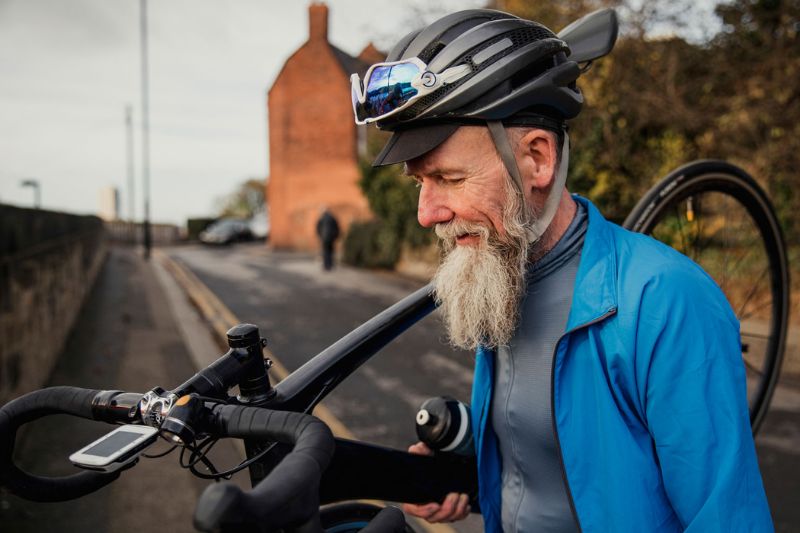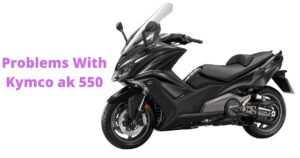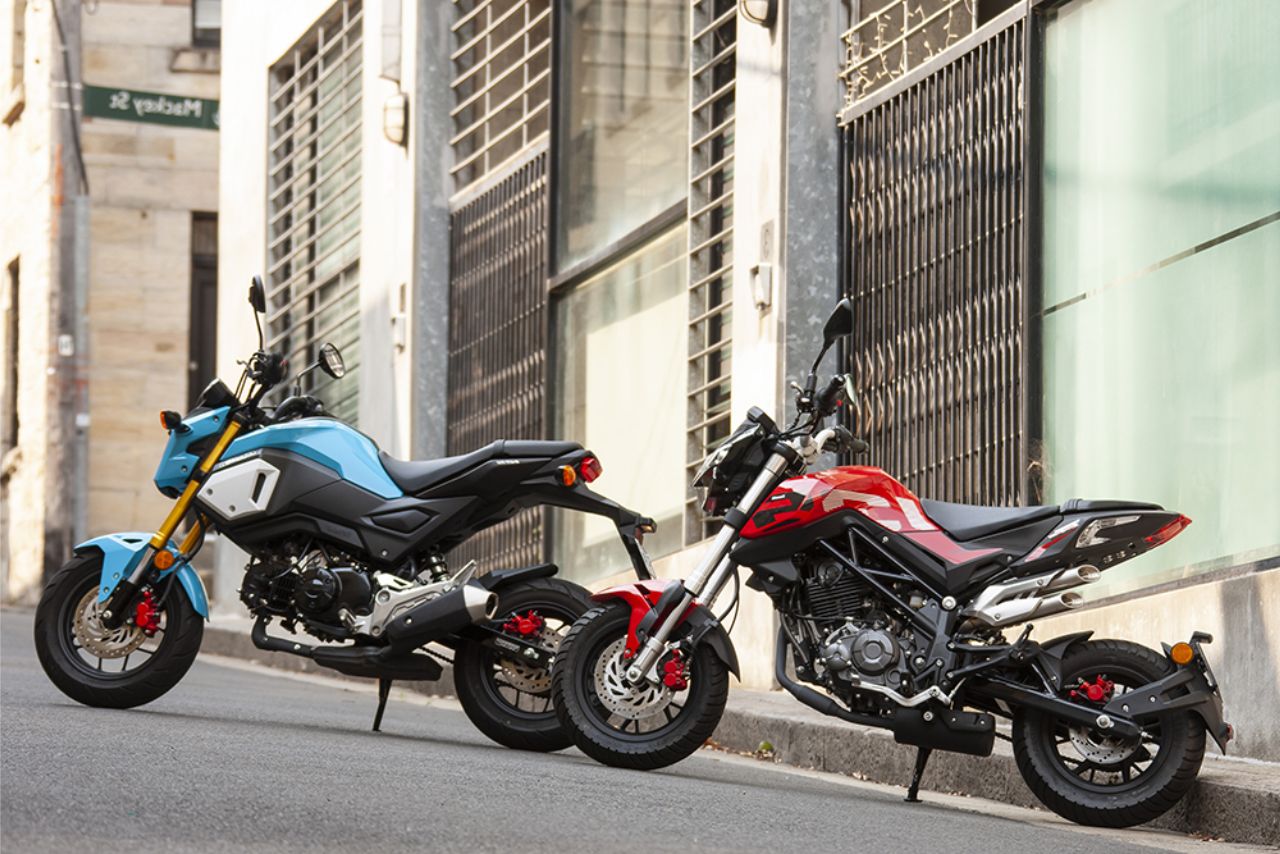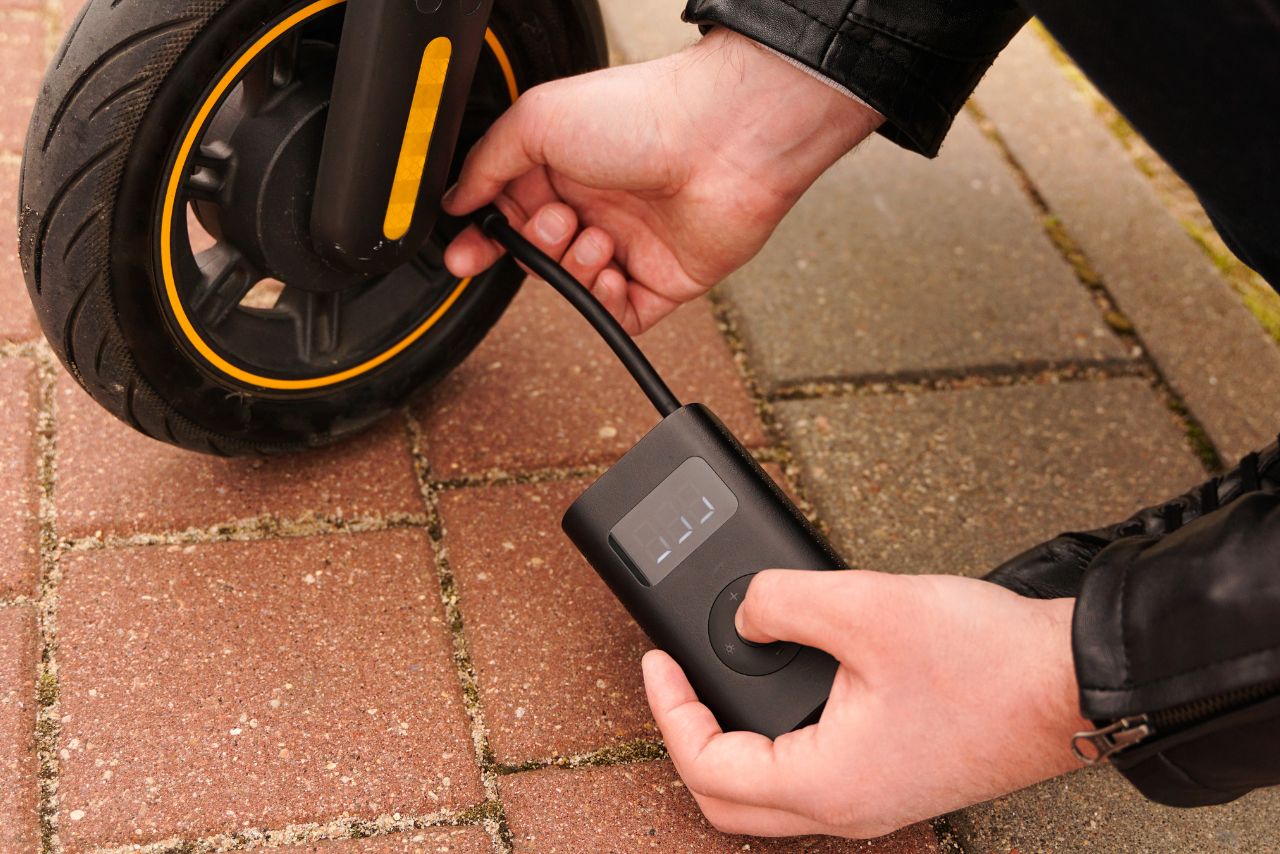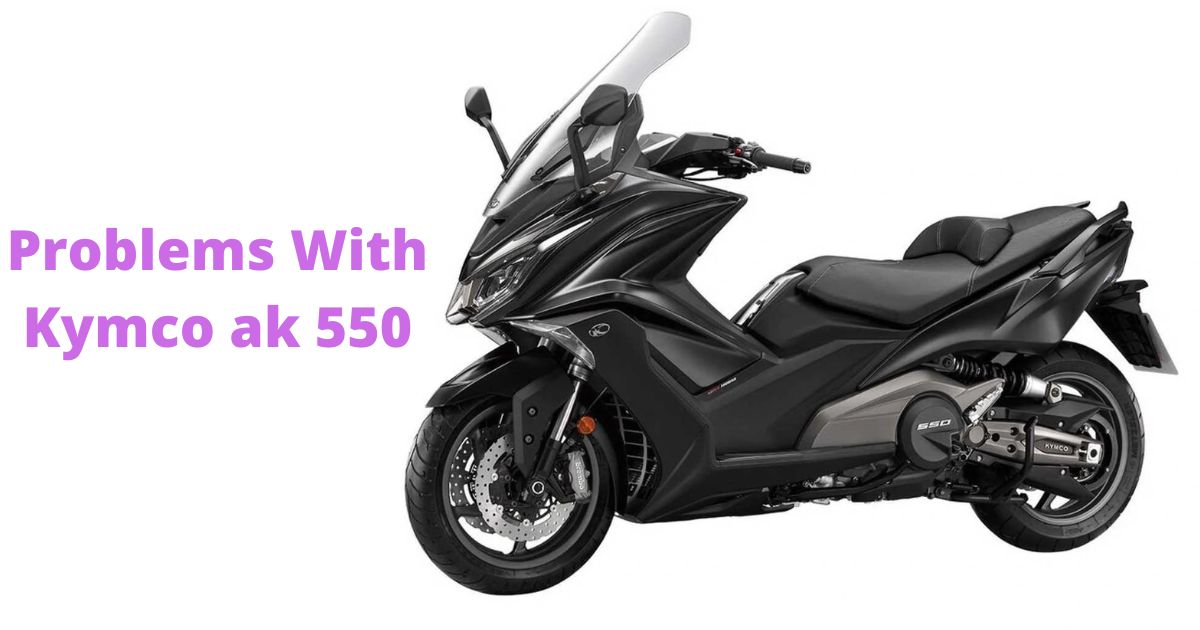At What Age Should You Stop Riding A Bike? Due to the physical strength and agility requirements associated with proper bike operation, it is generally accepted that mature adults should transition away from regular bike use once they reach an age where further diminishing physical capabilities may compromise their ability to safely operate the vehicle.
A biker should stop riding a bike when they reach an age that is appropriate for their skill and fitness level.
Biking is a popular recreational activity enjoyed by people of all ages, but when should you stop biking? This is an important question to consider, as age is a key factor when it comes to safety and comfort while biking.
In this article, we’ll discuss the age-appropriate guidelines for biking and the potential risks, so you can make an informed decision about when to stop biking.
Table of contents
At What Age Should You Stop Riding A Bike?
There is no specific age at which you should stop riding a bike. It is a low-impact activity that can be enjoyed by people of all ages and fitness levels. However, as you get older, there are some things to be aware of to stay safe and enjoy your ride.
Physical Changes:
As you age, your body changes in a number of ways. Your balance and coordination may decrease, your reaction time may slow down, and your muscle strength and endurance may decline. These changes can make it more difficult to ride a bike safely.
Health Conditions:
Certain health conditions, such as arthritis, osteoporosis, and cardiovascular disease, can also make it more difficult or dangerous to ride a bike. If you have any health concerns, it is important to talk to your doctor before starting any new exercise program, including cycling.
Safety:
Even if you are physically fit and healthy, it is important to be safe when riding a bike. This means wearing a helmet, obeying the rules of the road, and being aware of your surroundings.
Signs It May Be Time to Stop:
If you experience any of the following signs, it may be time to stop riding a bike:
Alternatives to Cycling:
If you decide to stop riding a bike, there are still many other ways to get exercise and enjoy the outdoors. Some popular alternatives include walking, swimming, and water aerobics.
You Can Ride A Bike At Any Age:
Riding a Bike is a great way to stay active and enjoy the outdoors. It doesn’t matter how old you are; anyone can get on a bike and start pedaling.
Riding a Bike helps to build strength and endurance, as well as improve balance and coordination. It is also a great way to get around your town or city, or even explore nature.
You don’t need any special skills or knowledge to ride a bike, just basic safety rules.
Before you start, make sure you have the right size bike and that it is in good working condition. Wear a helmet and brightly-colored clothing to make sure you are visible to others.
Factors Determining When To Stop Riding A Motorcycle Or Bike:
Riding a motorcycle can be an exhilarating and freeing experience, but it is important to know when it is time to stop. There are several factors to consider when determining when to call it quits for the day.
Understanding when to end your ride can help ensure that you stay safe and have a memorable experience. Here are the factors that determine when to stop riding a bike:
1: Physical Health:
When deciding when to ride a motorcycle, it is important to consider your physical and mental state. Are you tired or feeling the effects of fatigue? Are you feeling any pain or discomfort?
If so, it is time to stop. The weather also plays a role in deciding when to end your ride.
2: Mental Health:
When deciding when to ride a motorcycle, it is important to consider your mental state. Are you feeling safe and comfortable on the bike? Are you feeling confident in your riding abilities? If not, it is time to find a different activity to participate in.
The weather also plays a role in deciding when to end your ride. If the weather has taken a turn for the worse, it is best to find shelter and wait out the storm.
3: Old-age:
There is no set age at which you should stop riding a bike, as it is ultimately up to each individual to decide when they are ready to give the activity up.
However, there are a few general guidelines that can help you make this decision. If you are feeling physically or mentally exhausted or you are too old, it is time to take a break.
No matter what your age or riding experience may be, always use caution when riding a motorcycle and be sure to consult with an experienced motorcycle enthusiast for advice on when it is safe to call it quits for the day.
Benefits of Bike Riding for Seniors:
There are many benefits of bike riding for seniors, including:
In addition to these general benefits, bike riding can also be helpful for seniors with specific health conditions, such as arthritis, diabetes, and heart disease.
How Old Is The Oldest Person To Ride A Bike?
The oldest person to ride a bike is an intriguing phenomenon that has been subject to intensive research in recent years.
The age of this individual can be ascertained using a variety of sources, including historical records, biographical accounts and medical diagnoses.
Generally speaking, the oldest person to ride a bike appears to be one Laurence Keefe of Australia, who at the time of his death in 2015 was reported to be 108 years old.
How Old Should You Be Before You Stop Riding A Bike?
The answer depends on your physical and mental health. Generally, you should not stop riding a bike until you no longer feel physically and mentally capable of doing so.
If you are in good physical and mental health, there is no age limit for riding a bike. It is possible to ride a bike safely at any age, as long as you take the necessary precautions to ensure your safety.
This includes wearing a helmet, following the rules of the road, and being aware of your surroundings.
As you age, it’s important to make sure that you are still able to ride safely and comfortably. If you’re feeling tired or having difficulty controlling the bike, it’s best to take a break or stop riding entirely.
It’s also important to get regular check-ups from your doctor to make sure that you’re in good health.
Scooter Safety for Elderly Riders:
Scooter safety is important for all riders, but it is especially important for elderly riders. Elderly riders may be more vulnerable to falls and injuries, so it is important to take extra precautions to stay safe.
Here are some scooter safety tips for elderly riders:
What Are The Risks Of Riding A Motorcycle At An Old Age?
Riding a motorcycle at an old age can be thrilling and liberating, but it is important to be aware of the risks associated with this activity.
Motorcycle accidents are more common among older riders due to their slower reaction time and reduced physical ability.
The most common injuries among elderly riders involve fractures, head trauma, and internal injuries.
Elderly riders should pay special attention to their physical abilities and limitations as any fall or crash can be more serious for them than for a younger rider.
It is important for older riders to wear protective gear such as helmets, boots, and jackets to reduce the risk of injury.
Furthermore, they should avoid riding in adverse weather conditions such as rain or snow and in congested traffic areas.
Additionally, they should ensure that the motorcycle they are riding is well maintained and the brakes, tires, and lights are in good working condition.
Finally, elderly riders should be aware of the road conditions and take extra caution when riding on gravel or uneven terrain.
Is It Safer For Older People To Ride Motorcycles?
Motorcycles are inherently more dangerous than other types of vehicles, and this is especially true for older people. There are a number of reasons for this:
In addition to these physical and medical factors, older riders are also more likely to be involved in accidents caused by other drivers. This is because motorcycles are less visible than other vehicles and drivers may not see them until it is too late.
Statistics:
According to the National Highway Traffic Safety Administration (NHTSA), older riders are disproportionately represented in motorcycle fatalities.
In 2020, riders aged 50 and over accounted for 36% of all motorcycle fatalities, even though they only make up about 25% of all motorcycle riders.
Riding a Bike After Many Years:
Riding a bike after many years can be a lot of fun, but it’s important to start slowly and gradually increase your distance and intensity. Here are some tips to help you get back on the road (or trail):
Watch Video: At What Age Should You Stop Riding A Bike?
Final Talk: At What Age Should You Stop Riding A Bike? 💭
At What Age Should You Stop Riding A Bike? Riding a motorcycle can be an exciting and rewarding experience for anyone, but it is important to be aware of the risks involved.
For older riders, the risks of riding a motorcycle are higher due to their slower reaction time and reduced physical abilities. It’s essential to get the right bike, wear appropriate safety gear, and take your time when navigating different roads and highways.
Finally, always wear your helmet and remember to check your bike before getting on it. With these precautions in mind, riding a motorcycle can remain safe and enjoyable for many years to come.
FAQs
Can A 60 Year Old Ride A Bike?
Yes, a 60 year old rider can ride a bike. A 60 year old rider can ride a motorbike if they have an AMA or MC endorsement and are able to pass a motorcycle riding safety test.
At What Age Should A Man Stop Riding A Motorcycle?
A man should stop riding a motorcycle when he reaches the age of 60 to 70.
Is 70 Too Old To Ride A Bike?
No, 70 years old is not too old to ride a bike. However, it is important to be aware of your physical abilities and limitations.
A person 70 years old may have less reaction time and strength than someone younger and should ride with caution.
Should a 70 Year Old Ride a Bike?
Yes, a 70-year-old can ride a bike, and it is a great way to stay active and healthy. Cycling is a low-impact exercise that is easy on the joints, and it can be enjoyed by people of all fitness levels.
How Old Is Too Old to Ride a Motorcycle?
There is no one definitive answer to the question of how old is too old to ride a motorcycle.
It depends on a number of factors, including the individual’s physical and mental health, riding experience, and level of caution.
Some people may be able to ride safely well into their 70s or 80s, while others may need to stop riding much earlier.
Latest Posts:
- Benelli TNT 135 vs Grom! (A Proper Review!)
- Top 10 Best Air Pump for Electric Scooter! (Tested By Experts!)
- What Problems Does The Kymco Ak 550 Have? Find Solution!
- How to Clean Wiring Harness Connectors? (Simple Guide!)
- Jetson Bolt Pro Troubleshooting! (The Ultimate Guide!)
- What Does 16 Mean To The Pagans? (The Surprising Truth!)

